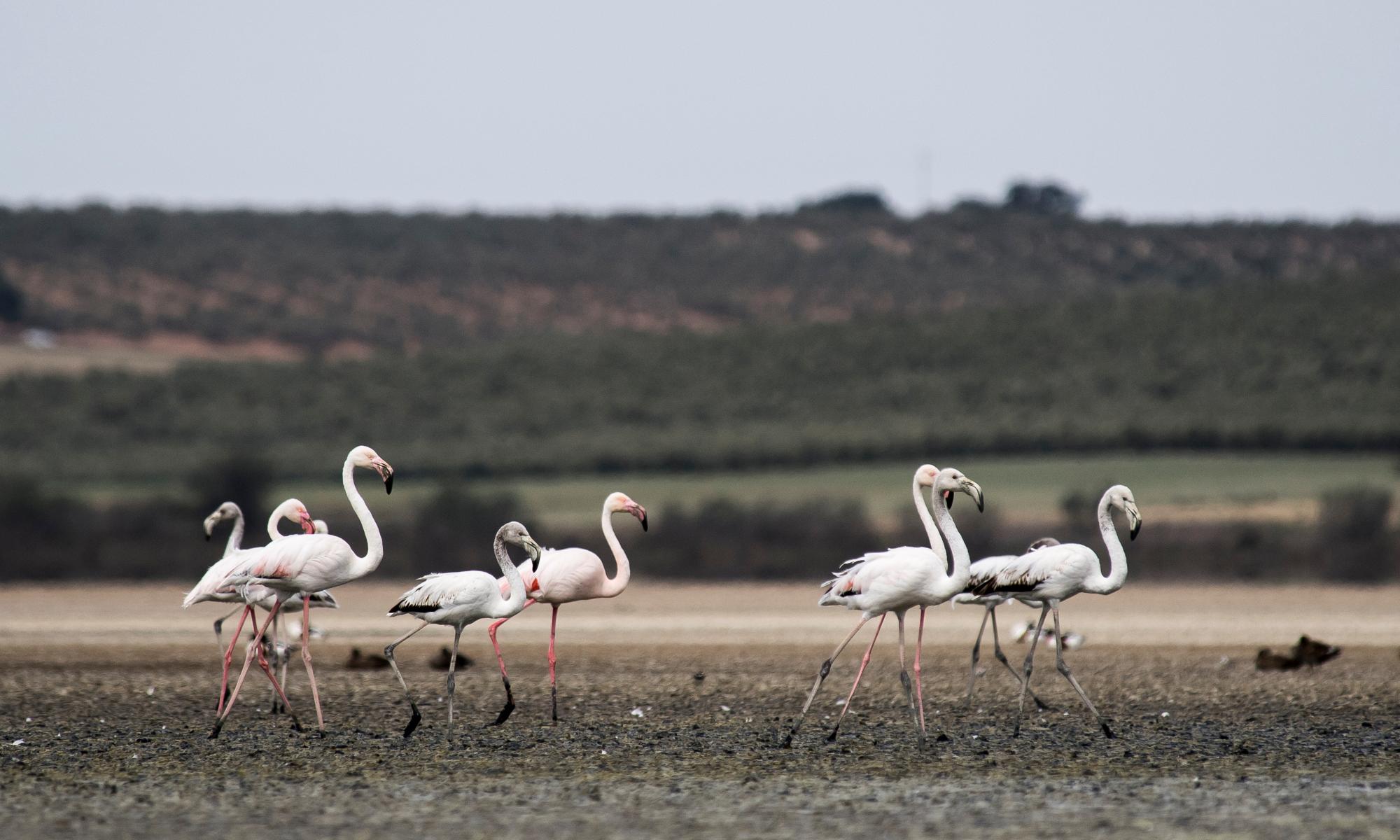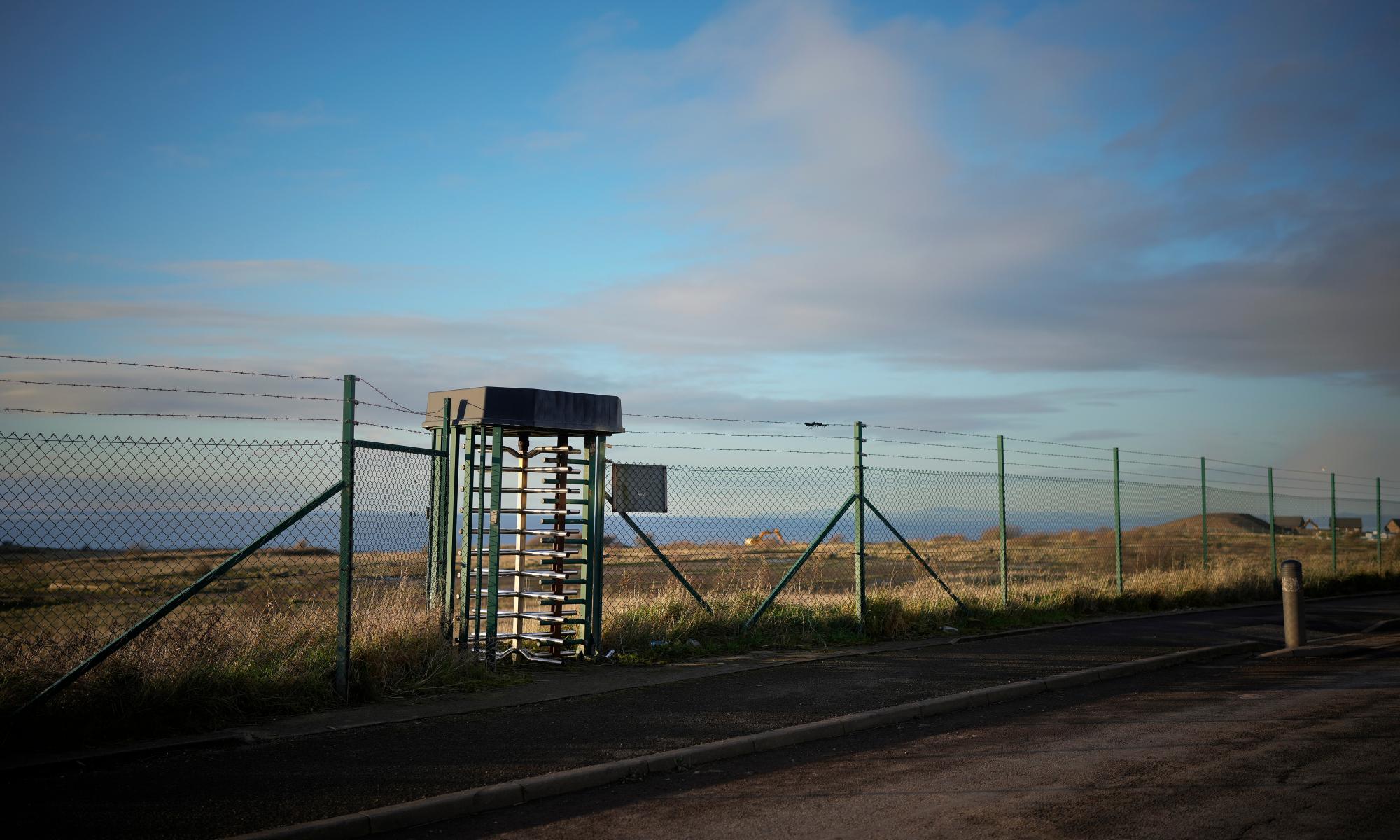A Queensland court has thrown out the conviction and sentencing of two young climate activists, who were among the first to be charged with breaching controversial anti-protest laws passed last year.
The remarkable judgment in the Queensland district court found there was no evidence that the use of banned “locking” or “attachment” devices by the climate change protesters posed any risk of injury to others or damage to property.
Human rights lawyers say the decision further highlights that claims about public safety used to justify the laws last year were “nonsense”, and have renewed calls for them to be repealed.
The Queensland parliament last year rushed the passage of legislation outlawing “dangerous attachment devices”, which are used by protesters as a tactic to delay their removal during acts of civil disobedience.
As reported extensively by the Guardian, the state had argued in favour of the crackdown by making a series of debunked and unsubstantiated claims that the devices had been laced with traps and were designed to cause harm to emergency services workers.
At the time, the Queensland human rights commissioner, Scott McDougall, said the laws appeared to target devices that were “not inherently dangerous” and designed to stop disruption caused by peaceful acts of civil disobedience.
In one of the first cases to go before the courts, two climate protesters, aged 21 and 23, with no criminal histories were both sentenced to three months’ suspended jail for using a “dragon’s den” device to block a railway line in Bowen, north Queensland.
The protest, in January, lasted about four hours.
In their initial sentencing, an acting magistrate had found the protesters’ actions “exposed both themselves and others to risk of injury and damage to property”.
On appeal, the Queensland district court found the sentencing was “manifestly excessive” and that the courts had been presented with no evidence the actions of the protesters exposed people or property to any risk.
District court judge Tracy Fantin found the sentencing acting magistrate took into account irrelevant considerations and made several errors.
Fantin said the acting magistrate caused a miscarriage of justice by “unduly fettering his sentencing discretion in a way which gave rise to a reasonable apprehension of bias on the basis of prejudgment of penalty”.
The district court judgment was also noteworthy because it held that the political motivation of the two protesters – to effect change to climate policy at the height of the Australian bushfire crisis – entitled them to greater leniency in sentencing.
“My respectful view in this case is that the political motivation of the appellants was relevant to lessen their moral culpability in a way that reduced the need to focus on denunciation and rehabilitation as sentencing considerations,” the court found.
The two activists, who were not named in legal proceedings, were re-sentenced and fined $1,000. No conviction was recorded.
Queensland legal sources said the decision was an indication that courts would not accept that locking devices were inherently dangerous – despite them being termed “dangerous attachment devices” under Queensland law.
They said that if courts rejected any assumption that the devices were dangerous, punishment for protest-related offences would not likely be any harsher than captured by long-existing offences. The only exceptions would be in hypothetical cases where evidence existed to prove protesters had acted in a deliberately dangerous manner.
Alice Drury, a senior lawyer at the Human Rights Law Centre, said that protesters and civil rights activists had called out Queensland government claims about locking devices as “nonsense”.
“Last week, the district court of Queensland held that there was no evidence that the use of a lock-on device by two protesters posed a risk to anyone.
“These laws don’t belong on the books. They’re undemocratic and should be repealed.
“Across the country we are seeing a clear and worrying wave of laws that attempt to restrict people’s ability to stand together and speak out on issues they care deeply about.”
The Greens MP Michael Berkman, who was the only member of the Queensland parliament to oppose the protest laws, said there had never been any evidence that climate protesters had sought to place others at risk.
“You almost have to feel sorry for Labor, tying themselves in knots trying to win the Courier-Mail and the Liberal-National party’s confected culture war,” Berkman said.
“But there’s a sinister undercurrent to this story, and that’s the fossil fuel industry’s donations to both major parties, which buy them not only inaction on climate change, but active attempts to silence dissent from people worried about their future.
“We’ve known from the very start that’s what this was about.”


